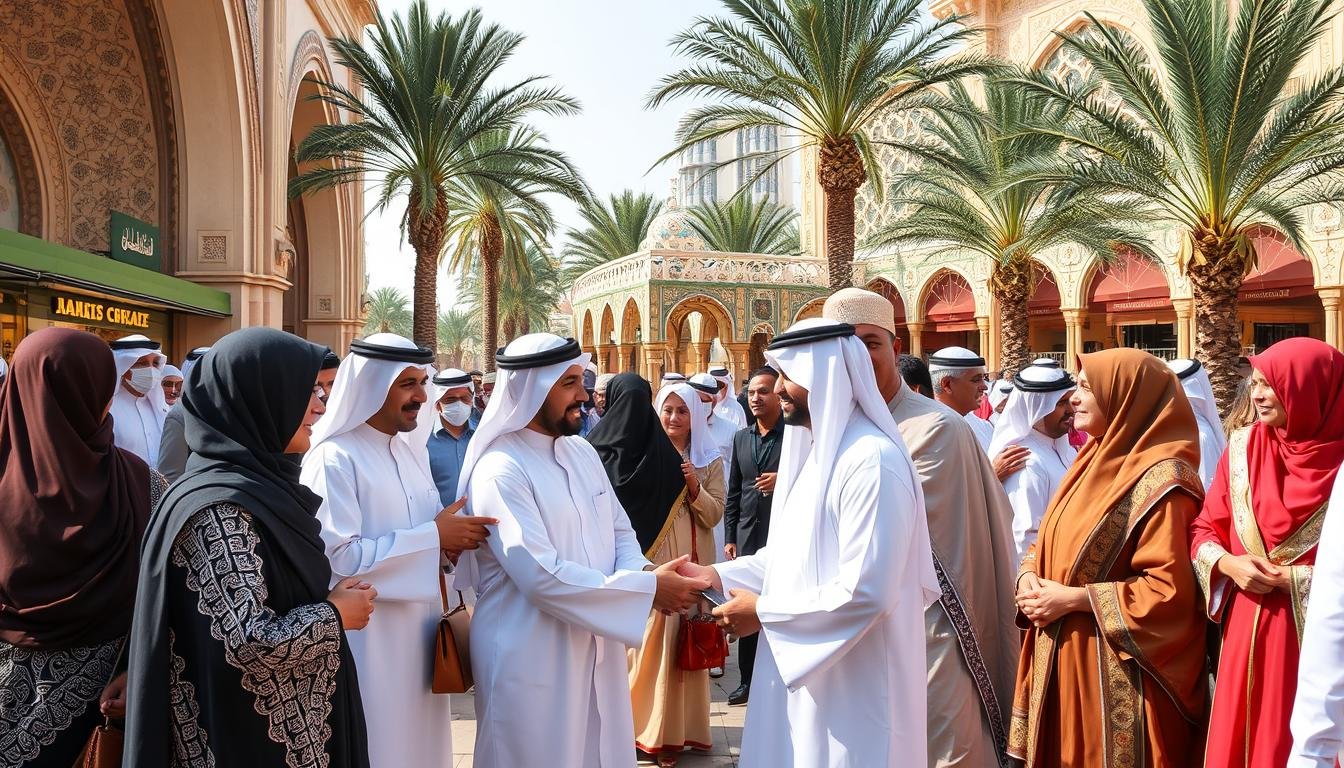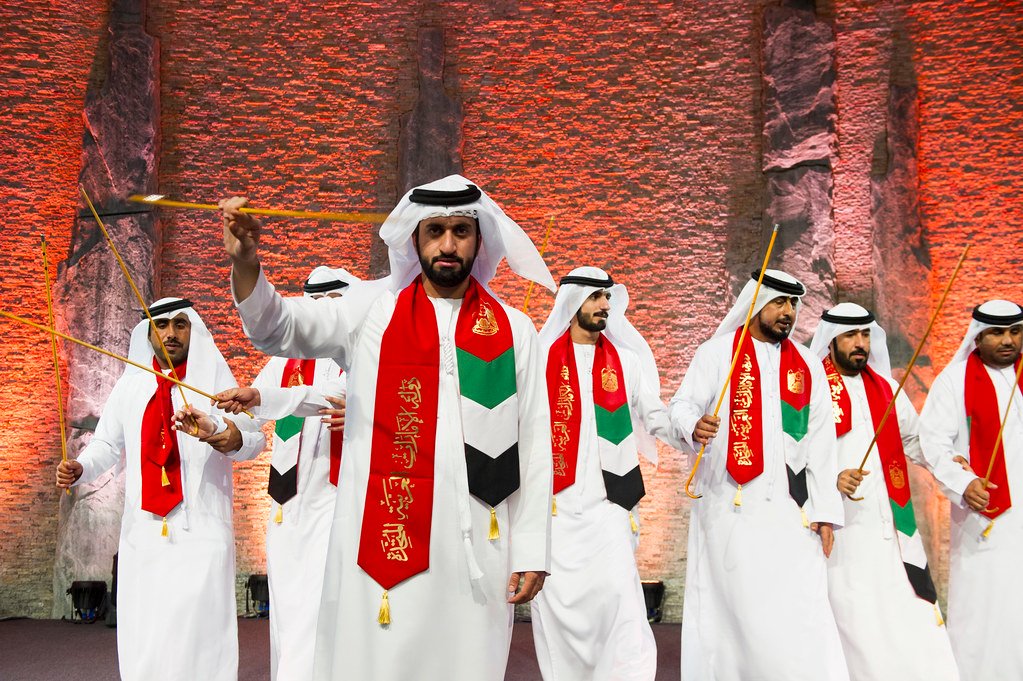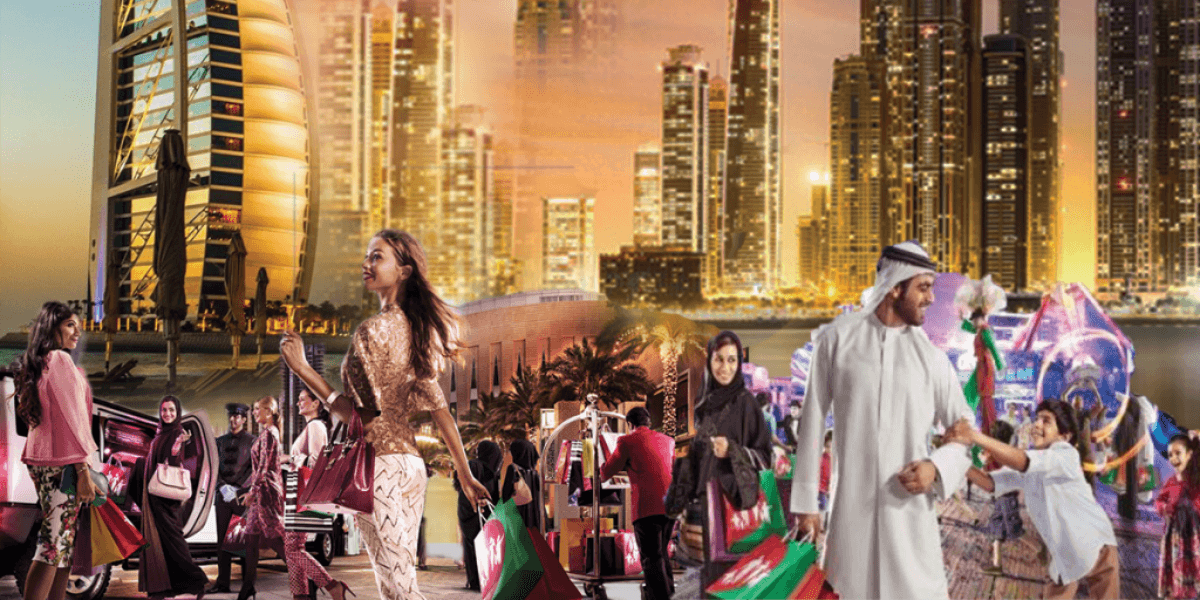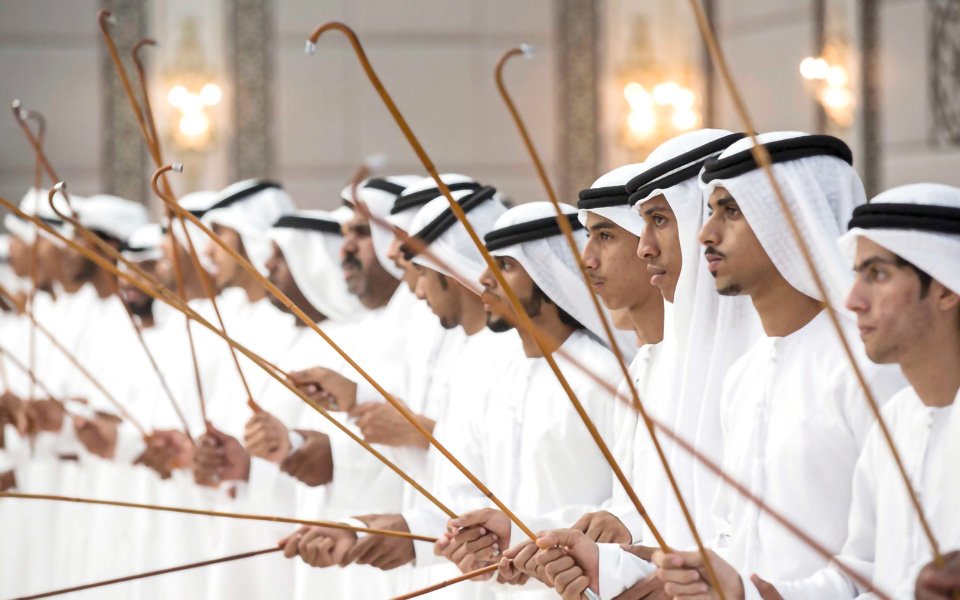
The United Arab Emirates stands as one of the world’s most culturally diverse nations, where over 200 nationalities call this remarkable country home. Within this vibrant mosaic of cultures, ceremonial events serve as powerful bridges that connect communities while celebrating life’s most meaningful moments. Whether you’re planning a wedding, corporate celebration, or religious ceremony in Dubai, Abu Dhabi, or any emirate, understanding and respecting the intricate web of cultural traditions becomes not just important—it becomes essential.
The significance of cultural sensitivity in ceremonial events extends far beyond mere politeness. It represents a fundamental respect for human dignity, heritage, and the values that shape individual and collective identities. In the UAE’s multicultural environment, where Emirati wedding traditions might blend with South Asian customs, European practices, or African ceremonies, the ability to navigate these cultural nuances with grace and understanding can make the difference between a memorable celebration and an unintentionally offensive gathering.
The UAE’s cultural fabric weaves together threads from across the globe, creating a unique environment where tradition meets modernity. At its heart lies Emirati culture, deeply rooted in Bedouin traditions, Islamic values, and centuries of maritime trade that brought diverse influences to these shores. Understanding this foundation proves crucial when planning any ceremonial event, as it provides the cultural context within which all other traditions must be respectfully acknowledged.
Traditional ceremonies UAE etiquette encompasses more than following a set of rules—it involves understanding the deeper meanings behind customs and practices. For instance, the concept of hospitality runs so deeply through Emirati culture that guests are considered blessings, and their comfort takes precedence over almost everything else. This principle influences how ceremonies are structured, from seating arrangements to meal planning, and extends to how other cultures are welcomed and celebrated within the UAE context.
The expatriate communities that make up roughly 90% of the UAE’s population have brought their own rich ceremonial traditions. Indian and Pakistani communities contribute vibrant wedding celebrations that can span multiple days, complete with intricate henna ceremonies, colorful sangeet nights, and elaborate feast preparations. Filipino families bring traditions of close-knit celebrations that emphasize extended family involvement. European expatriates often seek to blend their minimalist aesthetic preferences with local customs, creating unique fusion celebrations.

Cultural sensitivity in UAE events begins with education and genuine curiosity about the traditions you’re incorporating or accommodating. This means moving beyond surface-level understanding to grasp the historical significance, religious implications, and emotional importance of various customs. When planning multicultural weddings in Dubai, for example, organizers must understand that certain colors, flowers, or timing might hold deep spiritual significance for different communities.
The process starts with open dialogue. Successful event planners in the UAE have learned that assumptions can lead to cultural missteps that damage relationships and tarnish celebrations. Instead, they engage in meaningful conversations with families and communities to understand not just what traditions are important, but why they matter. This approach helps create ceremonies that feel authentic rather than performative.
UAE event planning traditions have evolved to accommodate this multicultural reality. Modern planners have developed expertise in navigating complex cultural requirements, from ensuring halal food options are properly certified and separated from non-halal items, to understanding the intricacies of different religious calendars that might affect ceremony timing. They’ve learned to coordinate between different cultural requirements without compromising the integrity of any single tradition.
Emirati wedding traditions form the cultural cornerstone around which many UAE celebrations revolve, even when couples come from different backgrounds. These traditions, refined over generations, offer profound insights into values that resonate across cultures: family unity, respect for elders, community celebration, and spiritual blessing.
The traditional Emirati wedding process begins long before the ceremony itself, with families playing central roles in bringing couples together and blessing their union. The formal engagement, known as the “khetbah,” involves both families and includes the exchange of gifts that symbolize commitment and mutual respect. Understanding this tradition helps event planners appreciate why family involvement remains so crucial in UAE ceremonies, even for expatriate couples who choose to incorporate local customs.
The “henna night” represents another beloved tradition that has transcended cultural boundaries in the UAE. Originally an Emirati and broader Arab custom, this celebration has been embraced by many multicultural families who appreciate its emphasis on female bonding, artistic expression, and joyful anticipation. However, respecting this tradition means understanding its significance as more than just decorative art—it represents blessings, protection, and the support of the female community.
Traditional Emirati wedding ceremonies also emphasize the importance of separate celebrations for men and women, reflecting cultural values around modesty and appropriate social interaction. While modern UAE weddings may adapt these traditions, understanding their origins helps planners create inclusive events that respect traditional values while accommodating contemporary preferences.
Religious sensitivity forms a crucial component of cultural awareness in UAE ceremonial events. The country’s official religion is Islam, and Islamic principles influence many aspects of ceremonial planning, from prayer times to dietary requirements to appropriate conduct standards. However, the UAE’s constitution guarantees religious freedom, creating a unique environment where diverse faith traditions can be practiced and celebrated openly.
When planning ceremonies that accommodate multiple religious backgrounds, organizers must understand the specific requirements of each faith community. Islamic ceremonies might require separate prayer areas, specific timing to avoid prayer times, and careful attention to halal dietary requirements. Christian celebrations might need coordination with local churches and understanding of specific denominational practices. Hindu ceremonies often involve complex ritual requirements, specific timing based on astrological considerations, and detailed protocol for religious elements.
The key lies in treating each religious tradition with equal respect and attention to detail. This means not simply providing generic “religious accommodation” but understanding the specific needs of each community. For example, during Ramadan, evening events need to be timed to allow for iftar, while during major Hindu festivals, certain dates might be considered more auspicious for celebrations.

UAE cultural event guidelines have evolved to emphasize inclusion without cultural appropriation. The difference between celebration and appropriation lies in understanding, respect, and appropriate participation. When multicultural weddings in Dubai incorporate elements from various traditions, success depends on ensuring that each cultural element is treated with dignity and understanding rather than used merely as exotic decoration.
Inclusive ceremony planning involves practical considerations that require cultural knowledge. Music selection, for instance, must balance different cultural preferences while avoiding songs or styles that might be inappropriate for certain communities. Dance traditions need to be understood in their cultural context—some dances are sacred or gender-specific, while others welcome broad participation.
Food planning presents another area where cultural sensitivity becomes crucial. Beyond dietary restrictions, different cultures have specific traditions around meal timing, service styles, and symbolic foods. Indian celebrations might require elaborate vegetarian options prepared according to specific regional preferences, while Arabic celebrations might center around traditional dishes that carry cultural significance beyond mere sustenance.
How to plan cultural ceremonies in UAE requires systematic attention to multiple cultural layers. Successful planners develop comprehensive checklists that address religious requirements, cultural customs, social expectations, and practical logistics. This systematic approach helps ensure that no important cultural element gets overlooked in the complexity of multicultural planning.
The planning process should begin with cultural consultation. This involves identifying key cultural representatives from each community involved in the ceremony and engaging them as advisors rather than simply service providers. These cultural consultants can provide insights into appropriate timing, necessary accommodations, potential cultural conflicts, and opportunities for meaningful cultural integration.
Documentation becomes particularly important in culturally complex ceremonies. Maintaining detailed records of cultural requirements, religious considerations, and family preferences helps ensure consistency throughout the planning process. This documentation also serves as a valuable resource for future events and helps build institutional knowledge about cultural sensitivity practices.
Dubai’s position as a global city creates unique opportunities and challenges for ceremonial planning. Respecting customs in Dubai ceremonies means understanding that this emirate serves as a cultural crossroads where international business culture meets traditional Emirati values, where luxury expectations blend with authentic cultural expression.
The city’s diverse venues reflect this cultural complexity. Traditional settings like heritage villages and cultural centers offer authentic environments for ceremonies that emphasize cultural roots. Modern luxury hotels and event spaces provide sophisticated backdrops that can accommodate complex multicultural requirements. Beach venues offer unique Dubai experiences while requiring careful consideration of cultural comfort levels around different settings.
Dubai’s regulatory environment also reflects cultural sensitivity considerations. Event permits may require documentation of cultural and religious appropriateness. Alcohol licensing involves understanding which cultural communities welcome alcohol service and which consider it inappropriate. Music and entertainment licensing must account for cultural and religious sensitivities around different types of performances.
Professional expertise in cultural sensitivity has become increasingly important as UAE ceremonies become more complex. Cultural consultants serve as bridges between different communities, helping families navigate unfamiliar traditions while ensuring that their own customs are properly represented and respected.
These professionals bring specialized knowledge that goes beyond general cultural awareness. They understand the subtle differences between regional variations of cultural traditions, the historical contexts that give meaning to specific customs, and the contemporary adaptations that allow traditional practices to thrive in modern UAE settings.
Working with cultural consultants also helps families avoid common cultural pitfalls that can arise from well-intentioned but uninformed planning decisions. These might include inappropriate color combinations, conflicting religious requirements, or scheduling conflicts with important cultural observances.
Cultural sensitivity in ceremonial events extends beyond individual celebrations to building lasting relationships within the UAE’s diverse communities. Families and businesses that demonstrate genuine respect for cultural traditions often find themselves welcomed into broader cultural networks that enrich their UAE experience.
This long-term perspective influences how ceremonies are planned and executed. Rather than focusing solely on the immediate event, culturally sensitive planning considers how the ceremony reflects on the families involved and their ongoing relationships within their cultural communities. This approach often leads to more meaningful celebrations that strengthen cultural bonds rather than simply marking calendar events.
The reputation for cultural sensitivity also becomes a valuable asset in the UAE’s interconnected expatriate communities. Families known for respectful, inclusive celebrations often find themselves invited to participate in other cultural events, creating opportunities for deeper cultural understanding and lasting friendships.

Modern UAE ceremonial planning faces unique challenges that require innovative solutions while maintaining cultural integrity. Social media expectations can sometimes conflict with traditional modesty requirements. International guest lists might include people unfamiliar with local customs. Budget considerations must balance cultural requirements with financial realities.
Technology offers new tools for cultural education and ceremony planning. Virtual reality experiences can help international guests understand ceremonial traditions before attending events. Translation services can ensure that ceremony explanations reach all participants. Cultural planning apps can help coordinate complex multicultural requirements.
However, technology should supplement rather than replace human cultural connection. The most successful UAE ceremonies continue to emphasize personal relationships, direct communication, and genuine cultural exchange over digital convenience.
The importance of cultural sensitivity in ceremonial events within the UAE’s diverse environment reflects broader values of respect, understanding, and unity that define this remarkable nation. When ceremonies honor the full spectrum of cultural traditions present in the UAE, they become powerful demonstrations of how diversity strengthens rather than divides communities.
Successful cultural sensitivity in UAE events requires ongoing education, genuine respect, professional expertise, and commitment to inclusive celebration. It demands moving beyond superficial cultural awareness to develop deep appreciation for the values, histories, and aspirations that different communities bring to their ceremonial traditions.
As the UAE continues to evolve as a global cultural crossroads, the ability to plan and execute culturally sensitive ceremonies becomes increasingly valuable. These skills not only ensure successful individual celebrations but contribute to the broader project of building a society where diverse cultures can thrive while respecting shared values of hospitality, dignity, and mutual respect.
The investment in cultural sensitivity pays dividends far beyond individual ceremonies. It builds bridges between communities, creates lasting relationships, and contributes to the UAE’s reputation as a place where different cultures can celebrate together while maintaining their unique identities. In this way, culturally sensitive ceremonial planning becomes not just a professional skill but a contribution to the ongoing success of one of the world’s most successfully multicultural societies.